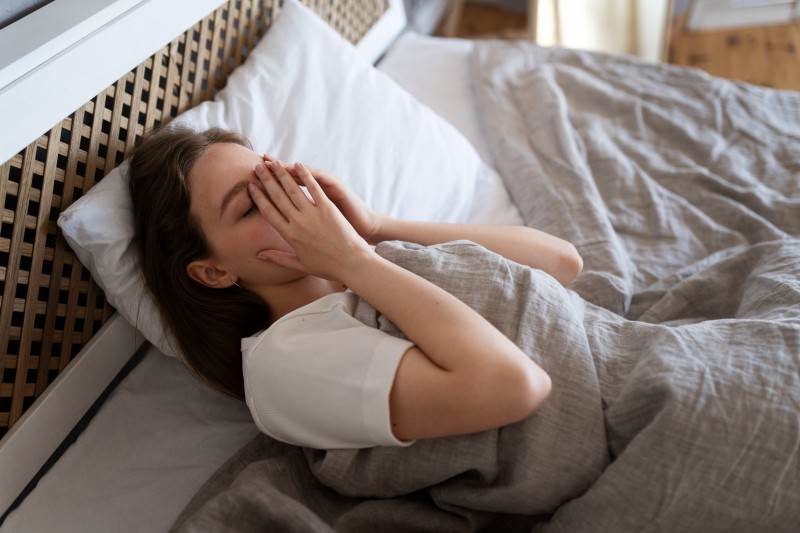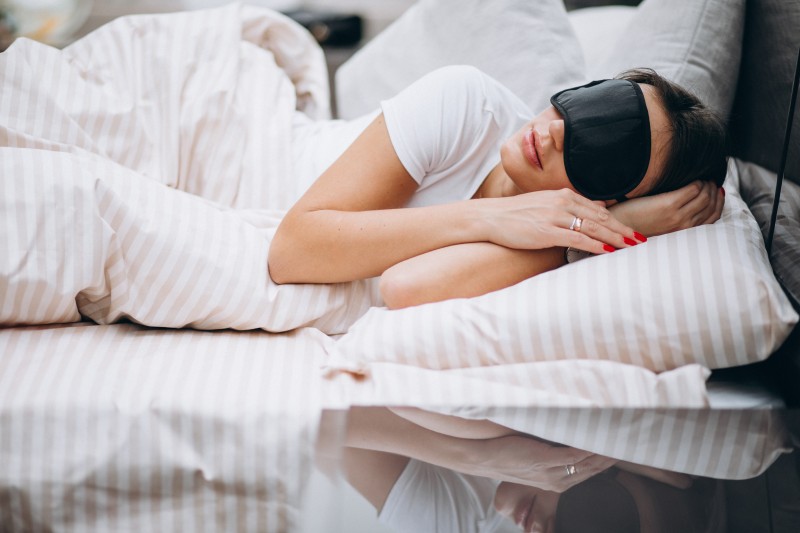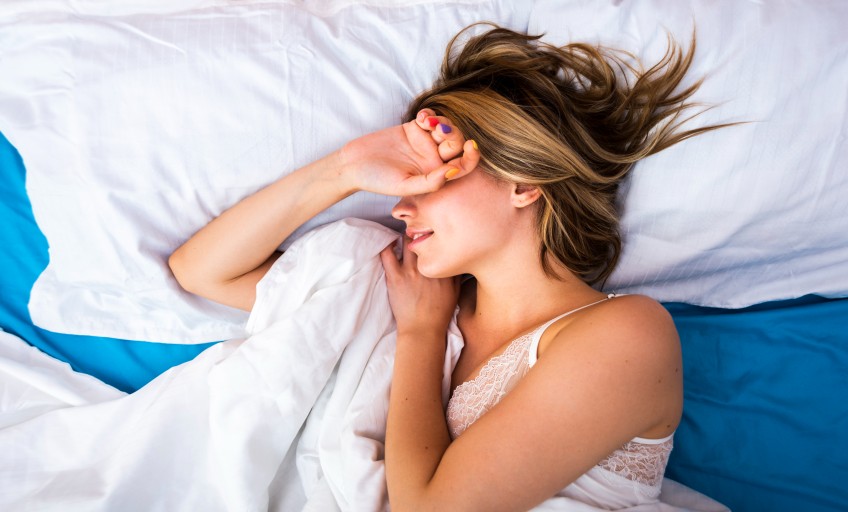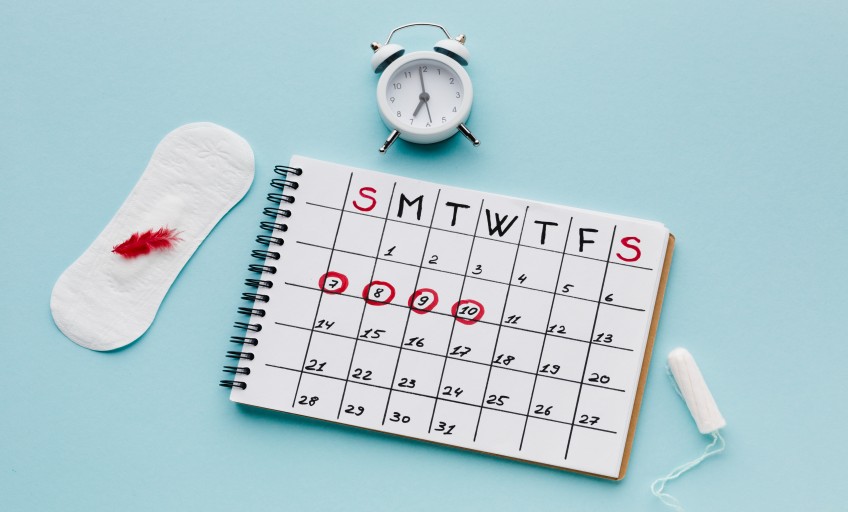A regular person requires about seven to eight hours of sleep per night to wake up refreshed. However, women’s sleep needs are slightly more.
The myth of equal sleep needs

The idea that men and women need the same amount of sleep is a myth, as the amount of sleep a person needs varies based on many factors, like age, activity level, and sleep patterns.
The “one-size-fits-all” approach to sleep
A “one-size-fits-all” approach to sleep refers to the myth that everyone needs the same amount of sleep, regardless of age, genetics, health, or individual needs. This is not true, as people have different sleep requirements and should adjust their sleep schedules accordingly; essentially, no single “perfect” sleep duration works for everyone.
Factors that may influence women’s sleep needs
Women generally have more issues affecting their sleep, like hormonal changes and caregiving roles. So, they need to compensate for disrupted or poor-quality sleep.
Hormonal fluctuations
Your circadian rhythm, or internal 24-hour cycle, can affect your hormones. But it also works the other way. Fluctuating hormones can aggravate your risk of sleep disturbance and adversely impact your sleep cycle.
Women experience monthly hormonal changes like periods and significant life stages like pregnancy, breastfeeding, perimenopause and menopause, which can disrupt quality sleep.
Menopause can affect sleep in several ways. You are more likely to:
- Take longer to fall asleep than before menopause
- Spend less time in deep sleep than when you were younger
- Develop sleep disorders and chronic health issues, like thyroid disease affecting your sleep
Caregiver roles
Gender-based responsibilities, like caregiving, can impact sleep duration. Gender roles often place more caregiving burdens on women. This can lead to interrupted sleep when attending to children’s or family needs, which proves that women wake up more likely to care for others at home.
Physical health
Chronic conditions such as sleep disorders, including insomnia and restless leg syndrome (RLS), can affect women’s sleep needs.
Mental health
Women may experience stress, anxiety, and mood disorders that can contribute to and exacerbate symptoms of insomnia.
Research findings

Research shows that women usually require more sleep by just 11 minutes. Biological differences like hormone production and gender-based differences affect how much sleep a person requires each night.
Limited research specifically on gender differences
According to current research, in general, women need more sleep. However, this is not a definitive answer, as individual needs vary greatly. Research on gender sleep differences is still ongoing, with some studies showing that women may simply report more sleep disturbances rather than needing objectively more sleep time. While trends may exist, individual sleep needs can vary significantly based on factors like lifestyle, health conditions, and genetics, regardless of gender.
Prioritize sleep
While some studies suggest women need more sleep, this topic is debatable. Irrespective of gender, most adults do not get adequate sleep, and around one-third of them sleep less than seven hours per night. To improve your sleep quality, you can:
- Maintain a consistent sleep schedule,
- Avoid screen time before bed,
- Avoid heavy meals and
- Limit caffeine consumption.
If you still cannot get better sleep, consult a healthcare professional to rule out any underlying condition that might impact your sleep. Quality sleep is important for good health, so you must prioritize it.
Key Takeaways
- The quantity of sleep you require varies with age, gender, genetics, and overall health.
- Hormonal fluctuations and caregiver roles are the factors influencing women’s sleep.
- More research is needed on gender sleep differences.
Stay tuned to the Activ Living Community. Keep up to date with the latest health tips and trends through expert videos, podcasts, articles, and much more on nutrition, fitness, mindfulness, and lifestyle conditions like Asthma, Blood Pressure, Cholesterol, and Diabetes. Activ Living ke saath sahi sehat ki shuruat ABHI karo.
You may also be interested in the following blogs:
Popular Searches
How to lower blood pressure | Fruits good for liver | Unhealthy foods | Ragi Benefits | Basal Metabolic Rate | Acupressure points for High Blood Pressure | Ayurvedic medicine for blood pressure | How to control cholesterol at home | Homeopathy for Asthma | Biological Age | Home remedies for TB | Natural beta blockers | Negative effects of internet | Types of walking | Blood pressure calculator | Blood sugar calculator | BMI Calculator





 1800-270-7000
1800-270-7000






